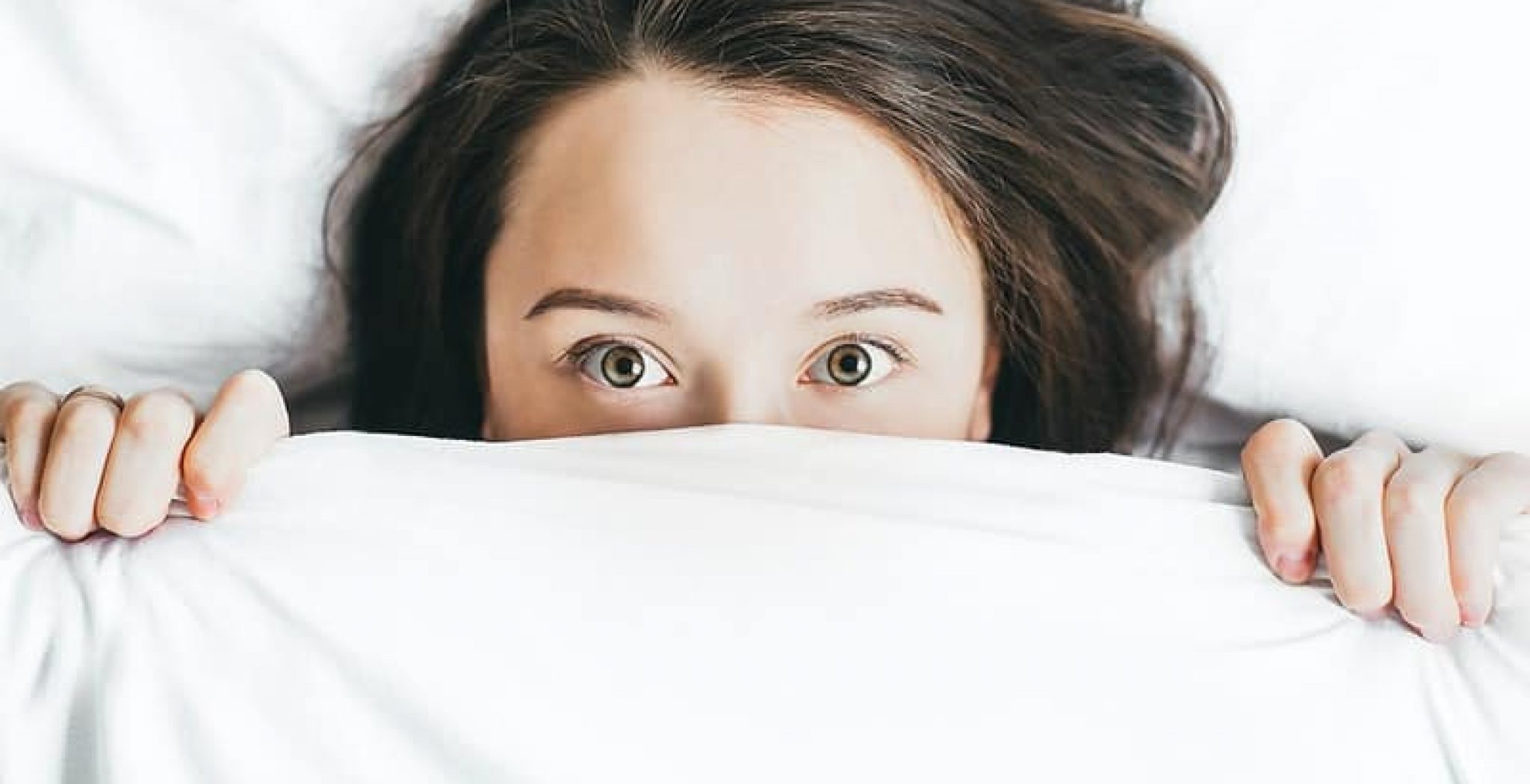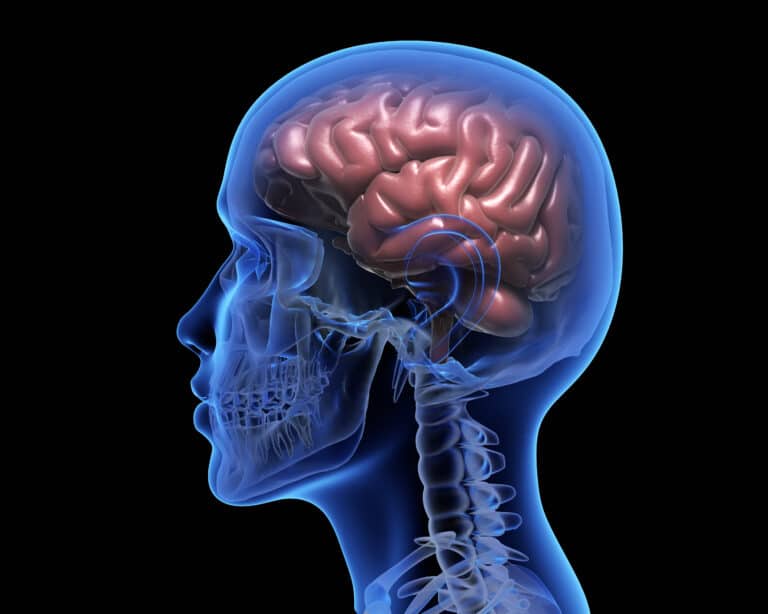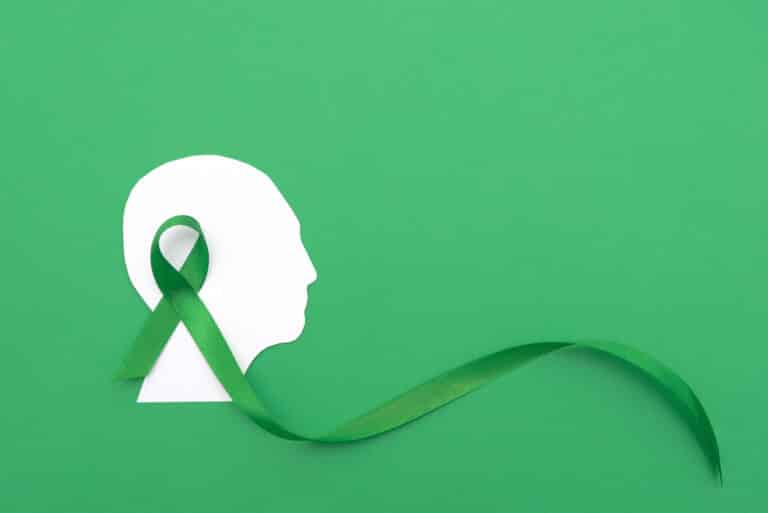It might surprise you to learn that approximately 23 million Americans claim to have recovered from alcohol or substance abuse problems. If you are suffering from alcohol withdrawal, you should know that you are by no means alone. Alcohol withdrawal can be a long, arduous process, but it is both the hardest and most necessary step to take on the path to recovery.
As your body reacts to withdrawal from alcohol, you may experience trouble falling asleep. Alcohol withdrawal insomnia is a prevalent withdrawal symptom and can lead to many frustrating nights of tossing and turning.
Here is everything you need to know about alcohol withdrawal insomnia and ways to treat it.
What Is Alcohol Withdrawal Insomnia?
If you have suffered an addiction to alcohol, then your body has built a physical dependence on alcohol over time. Thus, when you experience withdrawal from alcohol, your body must chemically readjust very suddenly in response.
A wide variety of symptoms can occur, from headaches to tremors to depression, not to mention great difficulty sleeping.
According to the Substance Abuse and Mental Health Services Administration, 25 to 72% of people treated for Alcohol Use Disorder report having difficulty sleeping. As if actually falling asleep weren’t a big enough hurdle, maintaining quality sleep over a whole night becomes an even greater challenge.
Yet even through other withdrawal symptoms, there are multiple reasons why alcohol withdrawal insomnia can manifest.
Alcohol is a sedative substance, so if you were once accustomed to drinking to help you fall asleep, your body might have difficulty doing so without it. Also, if you already had a history of insomnia, withdrawal from alcohol is likely to exacerbate that pre-existing issue. If you are currently in a recovery program, certain medications can complicate the problem as well.
Alcohol withdrawal insomnia in recovery can last months or even years if improperly treated.
Ways to Treat Alcohol Withdrawal Insomnia
A poor sleep cycle can take a toll on your mental and physical health over time. As such, it can pose a great danger for recovering alcoholics: pushing them toward relapse. Overcoming alcohol withdrawal insomnia isn’t just about getting you a good night’s sleep. It’s for the good of your long-term sobriety.
The most effective way to combat the fallout of a bad habit like drinking is to maintain good habits for sleep. Night after night, healthy bedtime routines can provide steady treatment for insomnia. Here are some worthwhile practices to get used to:
1. Set a Precise Bedtime
There is a chance you might be attempting to go to sleep at different hours every night. If so, this makes it more difficult it is for your body to become accustomed to a particular circadian rhythm. If you go to bed and wake at similar times each day, your body will slowly grow used to when it’s time to do both.
2. Be Wary of Mid-Day Caffeine
Whether you’re a coffee drinker or not, many people in recovery can gravitate toward replacing one substance with a less unhealthy alternative. Caffeine can certainly be great for getting you out of bed or helping you overcome fatigue. However, if consumed in the afternoon or later, it can keep your energy running higher during hours in which you should be winding down.
3. Avoid Daytime Naps
Particularly after a poor night of sleep, a nap in the daytime can be tempting. Nonetheless, if you can resist the urge, the more it will only help you drift to sleep at the end of the day. There may be days when staying awake is hard, but falling asleep at night should stay your top priority.
4. Create Comfort Rituals
As previously mentioned, forming bedtime routines will only stand to benefit you, so make them your own! Some find that a soothing cup of tea can ease them to sleep, while others find that turning their phones off and avoiding screens for an hour before bed can do the trick. Whether it’s a good book or a weighted blanket, don’t be afraid to incorporate what feels right for you regularly.
Getting Additional Care
Of course, there is always a possibility that recovering from withdrawal cannot be overcome on one’s own. While unfortunate, this is perfectly normal and nothing to blame oneself for. Thankfully, alternative treatment options remain, and it’s your continued effort to maintain the most important sobriety.
Alcohol treatment services can work wonders for helping you stick to commitments when you feel you may be falling short. With a medically supervised alcohol detox, all twenty-four hours of your day will be organized with your healing in mind. In many cases, patients find these services fulfilling enough to continue partaking in them long after they’ve made a full recovery.
Don’t Wait to Get Help
If you or a loved one suffers from alcohol withdrawal insomnia, it is vital to act before the condition reaches a breaking point. Your sobriety and long-term health are at stake and can be protected with the care and attention your condition deserves.
At Southern California Sunrise Recovery Center, we understand the difficulty of detoxing and offer various programs to help ease you through it as smoothly as possible. With counseling sessions, comfortable living arrangements, and fun daily outings, our facilities are devoted to ensuring you eat, sleep, and live well. Contact us today and let us guide you on your path toward good sleep and healthy recovery.






